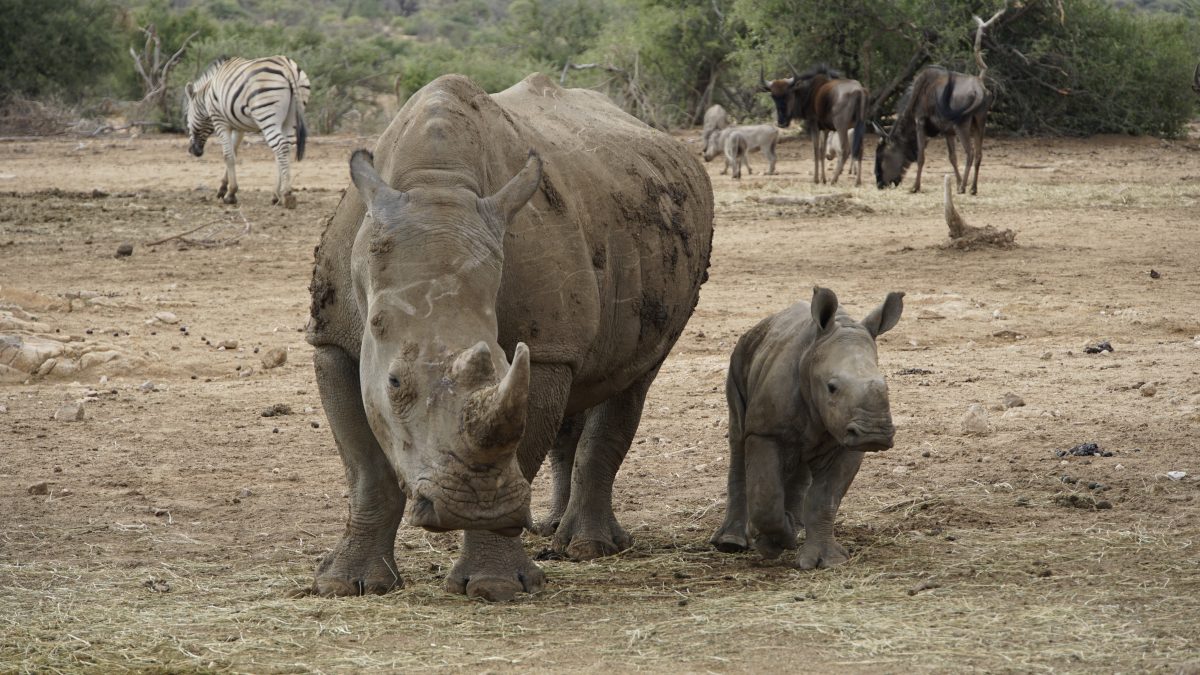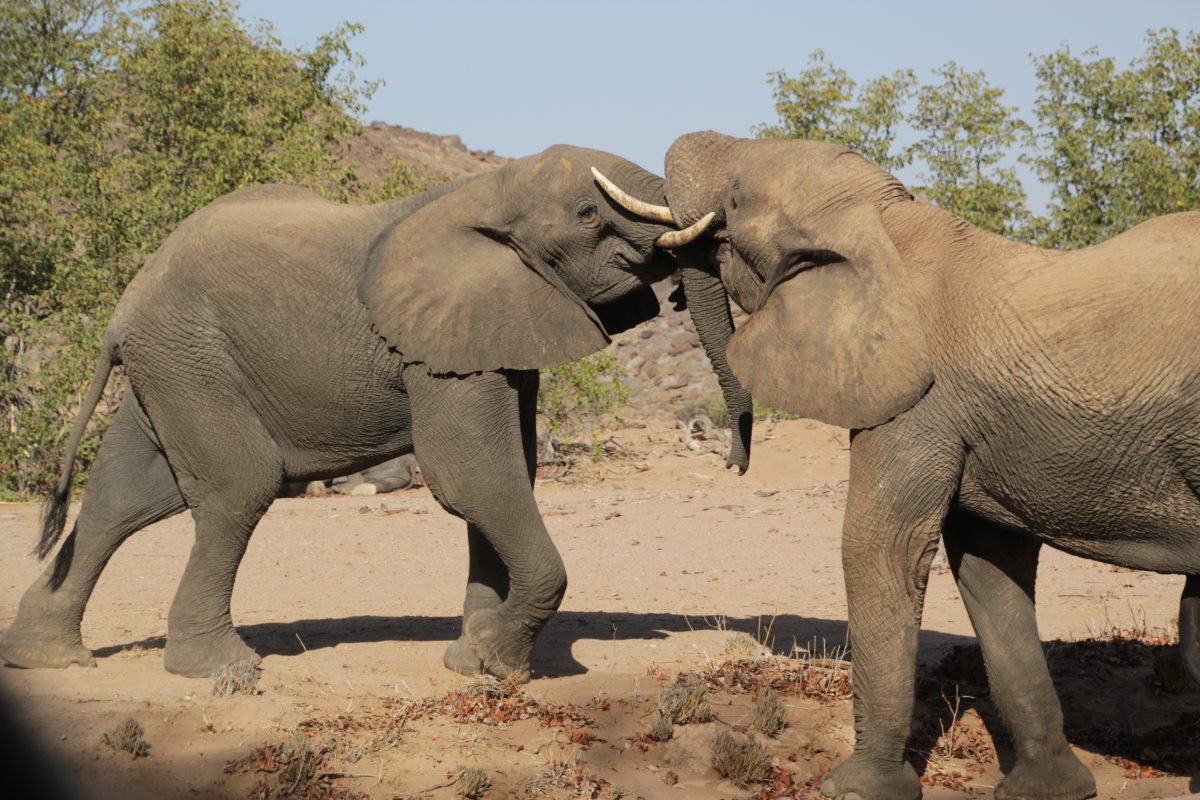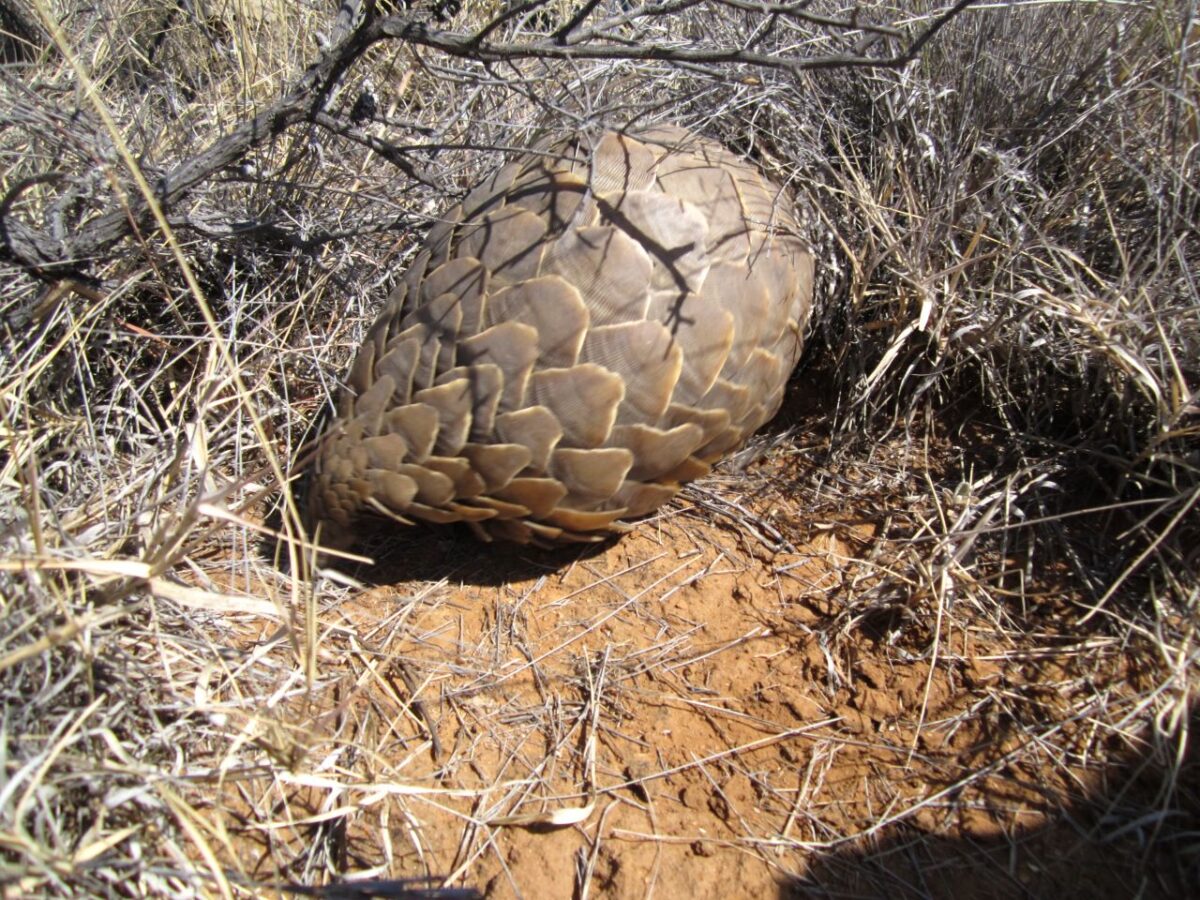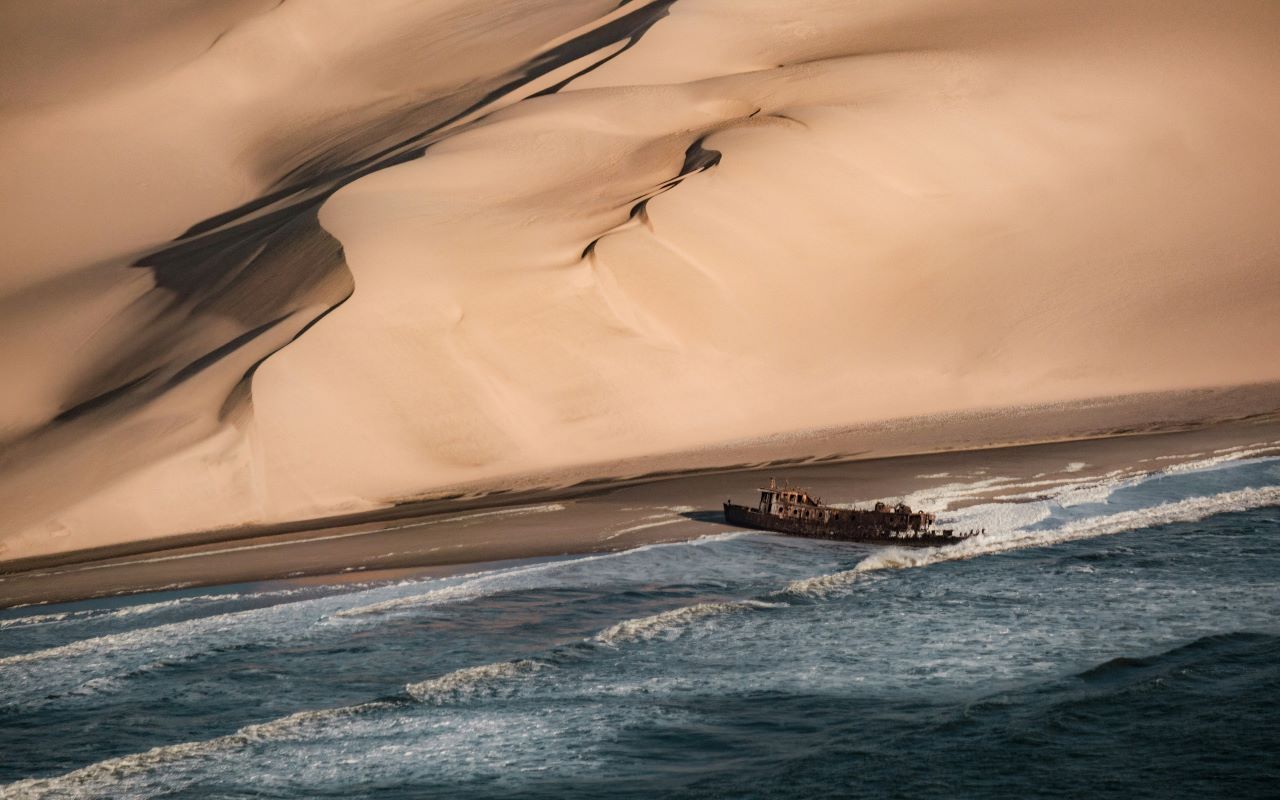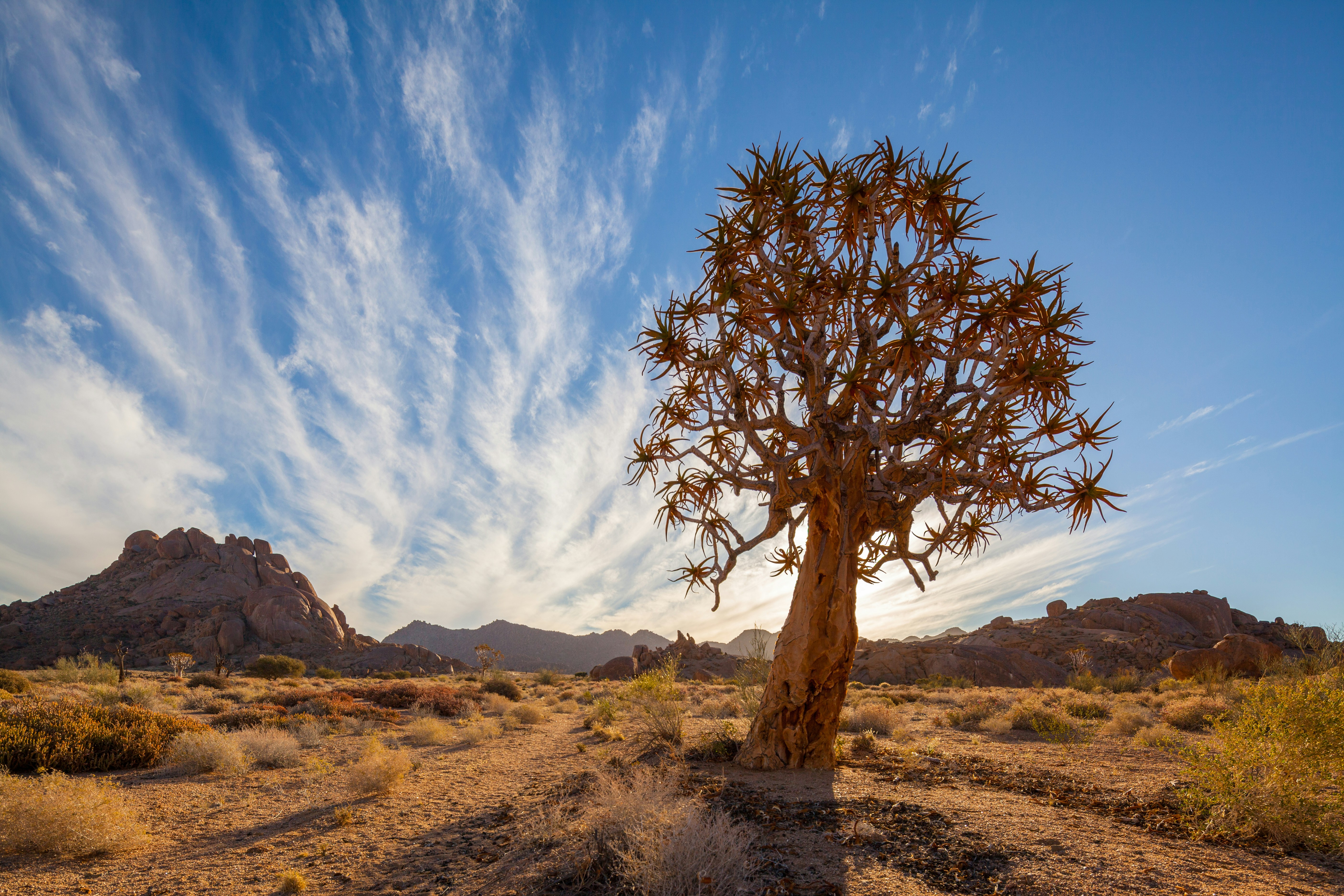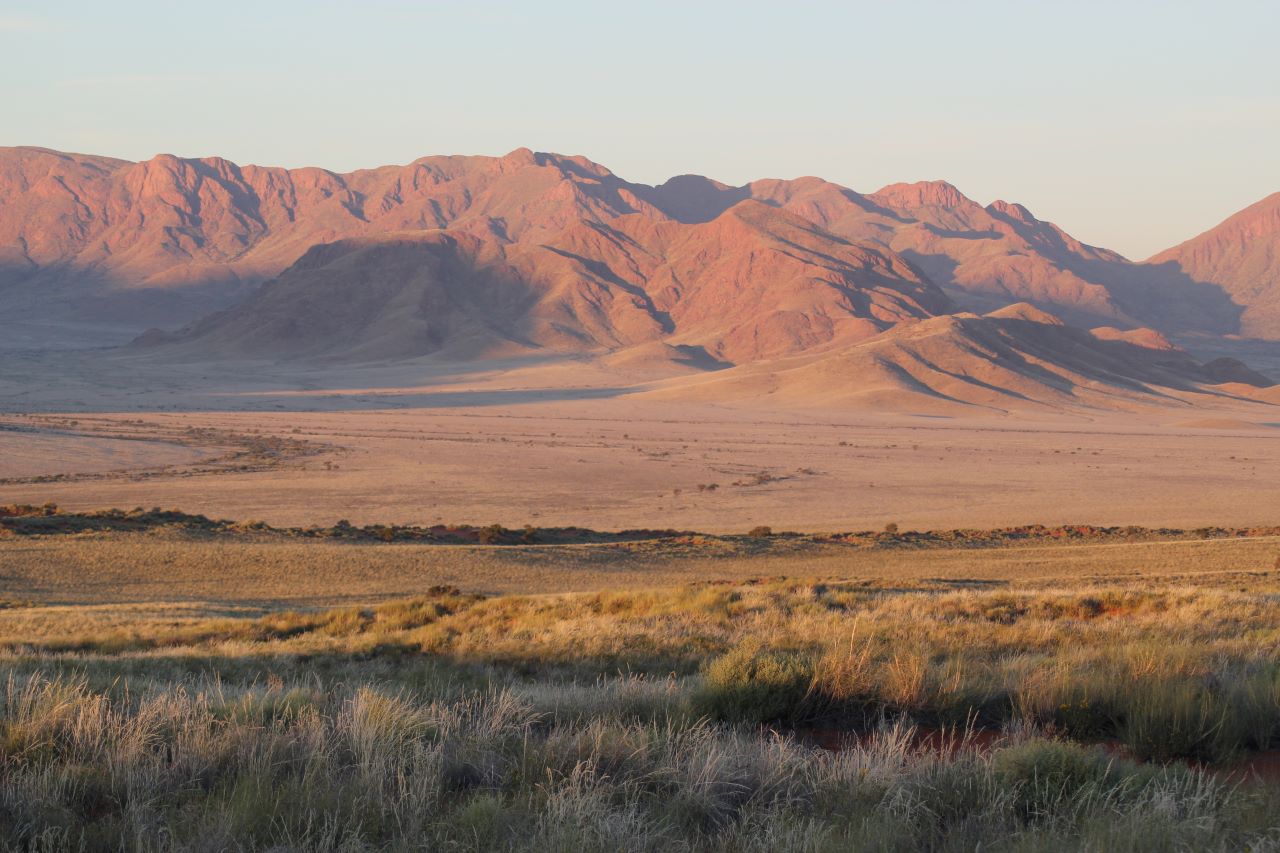Protect Wildlife in Southern Africa and Make a Difference
Namibia, Botswana, and South Africa are known for their dramatic landscapes and astonishing biodiversity. But behind the beauty lies something even more vital—ongoing conservation efforts that protect these wild places for generations to come. Eco-tourism plays a key role in these efforts, giving travellers the chance to contribute directly to wildlife protection while experiencing the wild in all its glory.
A Sanctuary for Wildlife in Namibia
Namibia leads the way when it comes to community-led conservation. One standout organisation is the Naankuse Wildlife Sanctuary. Based just outside Windhoek, Naankuse rescues, rehabilitates, and releases injured or orphaned wildlife, including cheetahs, leopards, and wild dogs. By visiting, you directly support their efforts.
Also based in central Namibia, the AfriCat Foundation operates from the Okonjima Nature Reserve. They focus on large carnivore conservation, particularly cheetahs and leopards. Their work blends research, education, and sustainable tourism, giving you the chance to see these elusive cats in their natural surroundings.
Botswana’s Delta and Desert Conservation
In Botswana, conservation takes centre stage in one of Africa’s most untouched wildernesses—the Okavango Delta. The Botswana Predator Conservation Trust (BPCT) carries out vital research on lions, leopards, and wild dogs, working with both communities and government bodies to reduce conflict and secure the future of predators.
Over in the Kalahari, the Kalahari Conservation Society is keeping Botswana’s drylands wild. Their projects range from education to hands-on ecological research, ensuring the desert continues to support its uniquely adapted wildlife.
South Africa’s Beacon of Hope
South Africa’s iconic parks, like Kruger National Park, are managed by SANParks—an organisation that champions biodiversity and sustainable tourism. SANParks’ work has helped conserve endangered species like the white rhino and African wild dog.
The Endangered Wildlife Trust (EWT) is another major player. They focus on habitat protection, research, and anti-poaching efforts. EWT is known for its role in safeguarding species from the cheetah to the African penguin.
Pangolin Protection Across Borders
The shy, nocturnal pangolin is the world’s most trafficked mammal, and conservationists across Southern Africa are fighting to save it. Namibia, Botswana, and South Africa all host projects that track, protect, and rehabilitate pangolins.
The Pangolin Conservation and Research Foundation in Namibia works with local law enforcement to rescue pangolins from the illegal wildlife trade. In South Africa, the Johannesburg Wildlife Veterinary Hospital cares for confiscated pangolins before releasing them back into the wild. Meanwhile, organisations like the Tikki Hywood Foundation and African Pangolin Working Group operate regionally, providing support across borders and raising awareness through education.
Travel With Purpose
Your safari can do more than bring you close to Africa’s wildlife—it can help protect it. Many lodges and camps in Namibia, Botswana, and South Africa work hand-in-hand with conservation organisations. Entrance fees, guided tours, and even your overnight stay contribute to vital wildlife protection work.
In Namibia, spend a day at Naankuse or AfriCat, where educational visits and volunteering help support hands-on rescue and rehabilitation. In Botswana, lodges in the Okavango Delta and Kalahari directly fund anti-poaching units and predator monitoring. In South Africa, visiting a SANParks reserve or supporting EWT projects ensures your holiday leaves a positive footprint.
Cheetah Conservation in Action
A shining example of conservation success is the Cheetah Conservation Fund (CCF) in Namibia. CCF has spent decades working with local farmers, reducing livestock conflict while protecting cheetah habitats. Their education and research programs have helped create one of the strongest wild cheetah populations on Earth, proving how people and predators can coexist.
Join the Movement
Every visit matters. Whether you’re sipping sundowners in the savannah or tracking big cats on a guided game drive, your presence supports the protection of Southern Africa’s wild beauty.
Ready to experience an unforgettable safari while making a lasting impact? Book your eco-friendly adventure today—and become a guardian of the wild.
